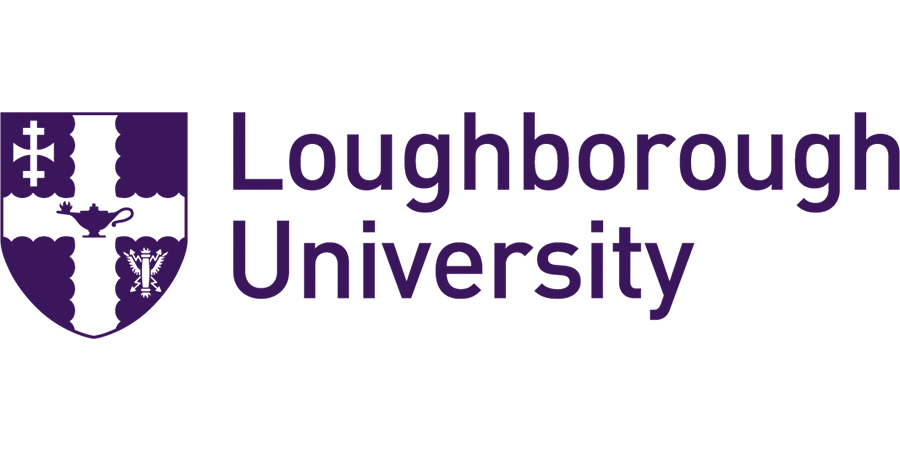PhD Studentship: Waste-derived Bioplastics for a Circular and Sustainable Food Packaging Economy
Loughborough University - Chemical Engineering - Materials
| Qualification Type: | PhD |
|---|---|
| Location: | Loughborough |
| Funding for: | UK Students, EU Students, International Students |
| Funding amount: | £19,237 per annum |
| Hours: | Full Time |
| Placed On: | 28th November 2024 |
|---|---|
| Closes: | 11th February 2025 |
| Reference: | AACME-24-036 |
Project detail:
Food packaging plays an essential role in containing, portioning and protecting food products against contamination, reducing food waste and associated emissions. Packaging is also an important way for manufacturers to brand and sell their products and provide important information such as the composition, origin, storage and preparation instructions. However, global plastic production, use and disposal is responsible for ~5% of total carbon emissions, and plastic packaging accounts for almost 70% of all UK plastic waste. Packaging recycling is currently limited by contamination with food residues and other waste streams, while many bioplastic alternatives are incompatible with current waste collection schemes and practices.
To address these challenges, this project seeks to develop and evaluate circular food-waste derived biopolymers, which can be fully recycled after use. We will start by using food waste as a substrate for cultivating fast growing microbes, before using the resulting biomass to produce sustainable biopolymers. Experimental work on microbe cultivation, polymer synthesis and testing will be complemented through whole system analysis to evaluate the technical and economic feasibility of the proposed process.
Supervisors:
Primary supervisor: Dr Jonathan Wagner
Secondary supervisor: Prof Anna Croft
Entry requirements:
Students should have or expected to have a minimum of a 2.1 class masters or bachelors in Chemical Engineering, Materials, Chemistry/Biochemistry or related Engineering or Science discipline.
English language requirements:
Applicants must meet the minimum English language requirements. Further details are available on the International website (http://www.lboro.ac.uk/international/applicants/english/).
Funding information:
The studentship is for 3 years and provides a tax-free stipend of £19,237 per annum for the duration of the studentship plus university tuition fees.
Bench fees required: No
How to apply: All applications should be made online via the above ‘Apply’ button. Under programme name, select AACME/Chemical Engineering. Please quote the advertised reference number AACME-24-036 in your application.
To avoid delays in processing your application, please ensure that you submit the minimum supporting documents.
The following selection criteria will be used by academic schools to help them make a decision on your application.
Advert information
Type / Role:
Subject Area(s):
Location(s):









